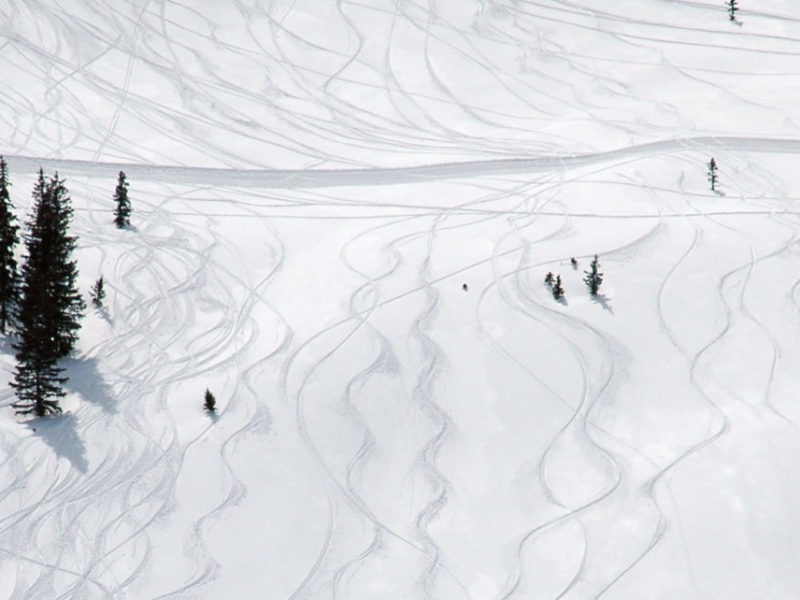The Soul of our City: Salt Lake fuses new diversity and energy with long-held traditions
 I’m a native Salt Laker, so I should know how to describe Utah’s capital city to someone new to our state. Still, when I’m asked by a non-Utahn to describe Salt Lake City, I struggle with the right response. Salt Lake City, for all its stereotypes, is difficult to fit in a box.
I’m a native Salt Laker, so I should know how to describe Utah’s capital city to someone new to our state. Still, when I’m asked by a non-Utahn to describe Salt Lake City, I struggle with the right response. Salt Lake City, for all its stereotypes, is difficult to fit in a box.
The British poet John Betjeman invented a word that captures my feelings about this place. He combined the words topos, which means “place,” with the Greek word philia, which means “love of,” to coin the term topophilia or “love of place.” For me, it’s the combination of love and place that makes me so proud to be a Salt Laker.
But how do you describe this place? What makes it so great?
I think of many things – our incredible mountains, our fascinating history, our commitment to the arts, our great universities, our national parks and more. But mostly, I think of our people. It is in the people that you find the soul of our city.
Cultural feast
In describing Salt Lakers, I find it helpful to consider two dramatically different experiences that play out weekly during the summer months in Utah. One is public, the other personal. One is secular, the other religious. One is playful, the other solemn. But both events say something about our people. I’m thinking about the Downtown Farmers Market and LDS missions. Bear with me as I explain.
The Downtown Farmers Market is a feast of food, drink, people, dogs and experiences. It matches the array of diversity found in America’s largest cities and features a rich mix of ethnicities, cultural identities and life experiences. On a busy Saturday, the market attracts upwards of 10,000 people, and attendees see a little bit of everything—young and old, urban and rural, religious and secular, gay and straight, with homes and without homes, and white and nonwhite. Together, Salt Lakers gather to shop, eat, people watch, strut their mutts, and share. The market represents Utah’s growing and dynamic urban center, and I love it.
Attendees at the Downtown Farmers Market see a Salt Lake City that has moved past its more provincial and less culturally diverse past and into an era of increased openness, human expression, variety and dynamism. It represents a city looking forward to a bright and prosperous future.
In a speech to business and community leaders, the former editor and publisher of The Salt Lake Tribune captured this perspective when he said newcomers to Salt Lake City find a city that is, “coming out of its shell, a city that has grown in confidence about all it has to offer, that is more comfortable in its own skin.” Salt Lake City has personality. Its capital city is hip, social and fun.
Service and sacrifice
For all of this progress, there is another aspect of Salt Lake City that undergirds its character. It stems from Mormonism, but could be applied to the solemnity and reverence of other religious practices in the state as well.
Each Wednesday, many Mormon families from Salt Lake make the humbling drive to Provo, Utah, to drop off their missionary son or daughter to the Mission Training Center (MTC). The drive along I-15 is filled with introspection and anxiety. Did I say anxiety? You bet I did. There is nothing soothing about separating from the ones you love for 18 months to two years of difficult work and service. It requires a special kind of meekness and optimism for these young people to leave everything they love to live out of a suitcase, many times in challenging, and even dangerous, circumstances.
Ask anyone who has experienced it and you will learn that the send off at the MTC is a deeply humbling experience that requires courage and faith. You don’t have to be a Mormon or a missionary to imagine the tenderness of the experience and the character building that lies ahead for the missionaries and their families. Missions build great people who become an important part of Salt Lake City.
The soul of Salt Lake City includes an amazing fusion of new energy and long-established, faith-motivated service. Our people are great. That’s Salt Lake City in a nutshell. We have a city teeming with life and an ethic of service that can match or surpass any city in America. Topophilia is alive and well here. We love Salt Lake City. I’m so glad to call it home.
Natalie Gochnour is an associate dean in the David Eccles School of Business at the University of Utah and chief economist for the Salt Lake Chamber.





